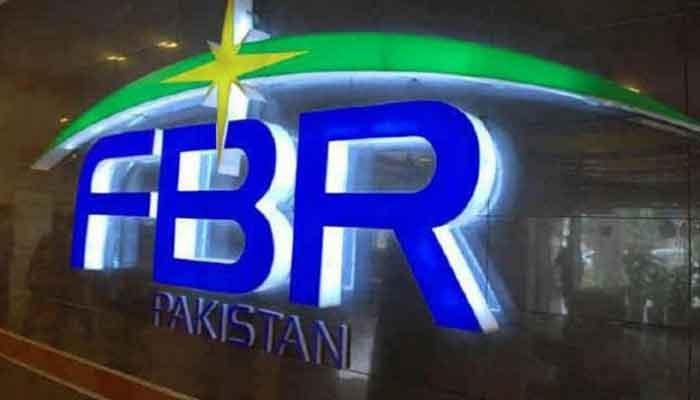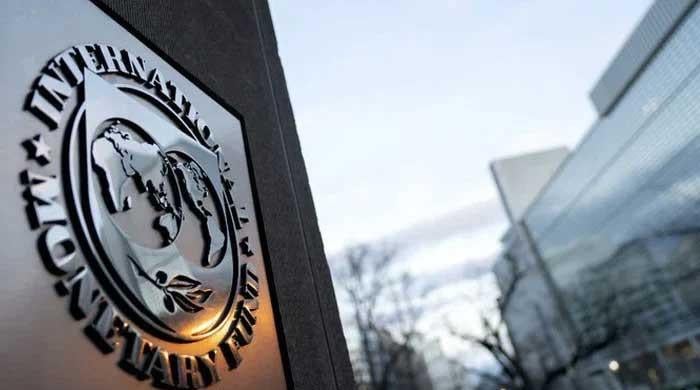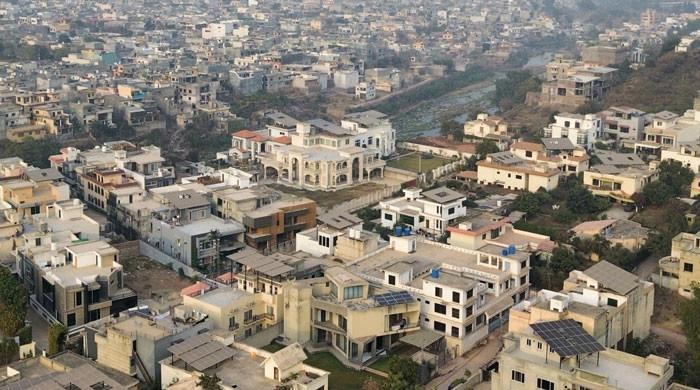FBR against reducing GST on sugar
The tax authority has opposed reduction in the GST rate from 17 to 5 percent on the sweetener
February 21, 2020

ISLAMABAD: The Federal Board of Revenue (FBR) has reportedly rejected the proposal of reducing GST on sugar arguing that the move will only increase profits of influential industry owners, The News reported Friday.
The Pakistan Tehreek-e-Insaf government is contemplating upon different options to reduce the price hike and different proposals are under consideration, including slashing down the GST rate on sugar from 17 to 5 percent and abolishing 2 percent Withholding Tax on import of pulses.
Related: Inflation surged 14.6% in January, National Price Monitoring Committee told
"The FBR has opposed reduction in the GST rate from 17 to 5 percent because there is impact of Rs3.25 per kg with increased rate of taxation. So if the government reduces the tax, it will be pocketed by owners of sugar mills and benefit will not reach consumers” a top FBR official confirmed to The News here on Thursday.
On the other hand, the working done by the government showed that the reduction in the GST rate from 17 to 5 percent would bring down the price of sugar by Rs9.72 per kg in the domestic market against the average existing price of Rs80.9 at the moment.
It will cause a loss to national exchequer to the tune of Rs21 billion with reduction in the GST rate, the report said.
Now, according to the publication, the FBR has argued that they were charging GST at factory rate of Rs6 per kg and with increased GST rate, the FBR was collecting Rs3.25 per kg so the impact of price hike because of taxation was limited to this effect only. “We have told the government if the GST rate was reduced, it would go into the pockets of sugar mill owners” said the FBR official.
Read more: Pakistan, IMF agree not to introduce mini-budget, tax rate hike till June
On the sugar situation, the sugar production stood at 5 million tons and the carryover stock was standing in the range of 537,000 tons, so the net availability of sugar had touched 5.537 million tons against the total consumption requirement of 5.674 million tons.
The current price of sweetener was hovering around Rs80.9 per kg against the last year’s price of Rs58.59 per kg, so its prices went up by Rs22 per kg in the domestic market or Rs37.37 percent.
Now the government is recommended to incentivize import of 0.3 million tons through removal of all taxes and duties, discourage hoarding through taking stern action and reduction in the GST rate.
The Ministry of National Food Security and Research had proposed abolishing 2 percent Withholding Tax (WHT) on import of pulses.
The FBR argued that the charging of tax was causing Rs1.50 per kg hike in prices, so the FBR would be happy if importers agreed to pay tax on their income but if they do not agree, then 2 percent WHT must continue.
Record inflation
Inflation jumped to 14.6 percent in January 2020, its highest in more than nine years, from 12.6 percent in December 2019, reflecting soaring prices for basic food items after the government, under an IMF bailout program, failed to maintain an efficient food supply chain.
Headline inflation was 5.6 percent in January 2019 and on sequential basis, inflation increased by 2.0 percent in January taking seven-month inflation to 11.6 percent, data from the Pakistan Bureau of Statistics (PBS) showed.
The government is considering multiple options to provide relief to the masses from soaring prices.
Condiering the difficulties face by the people, Prime Minister Imran Khan on Thursday directed a freeze on the gas and electricity tariffs and called for the best possible options to reduce the burden of various surcharges in gas and electricity bills.









